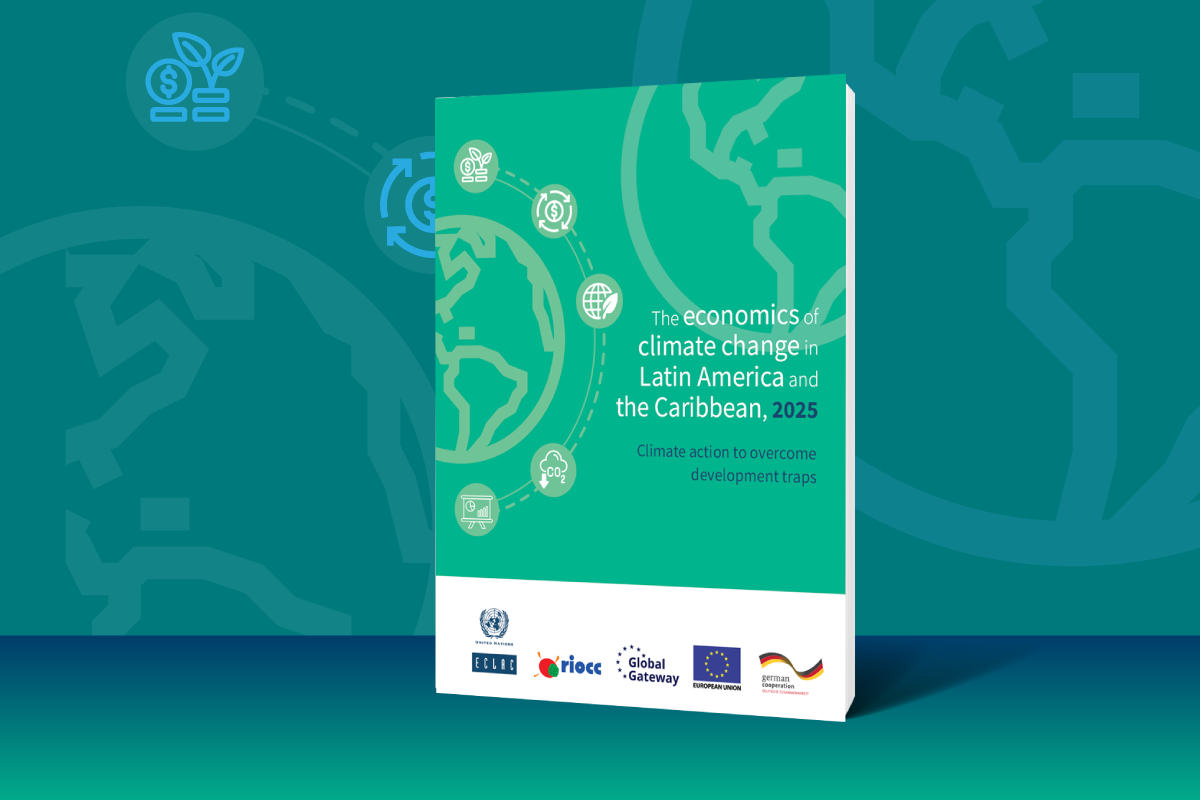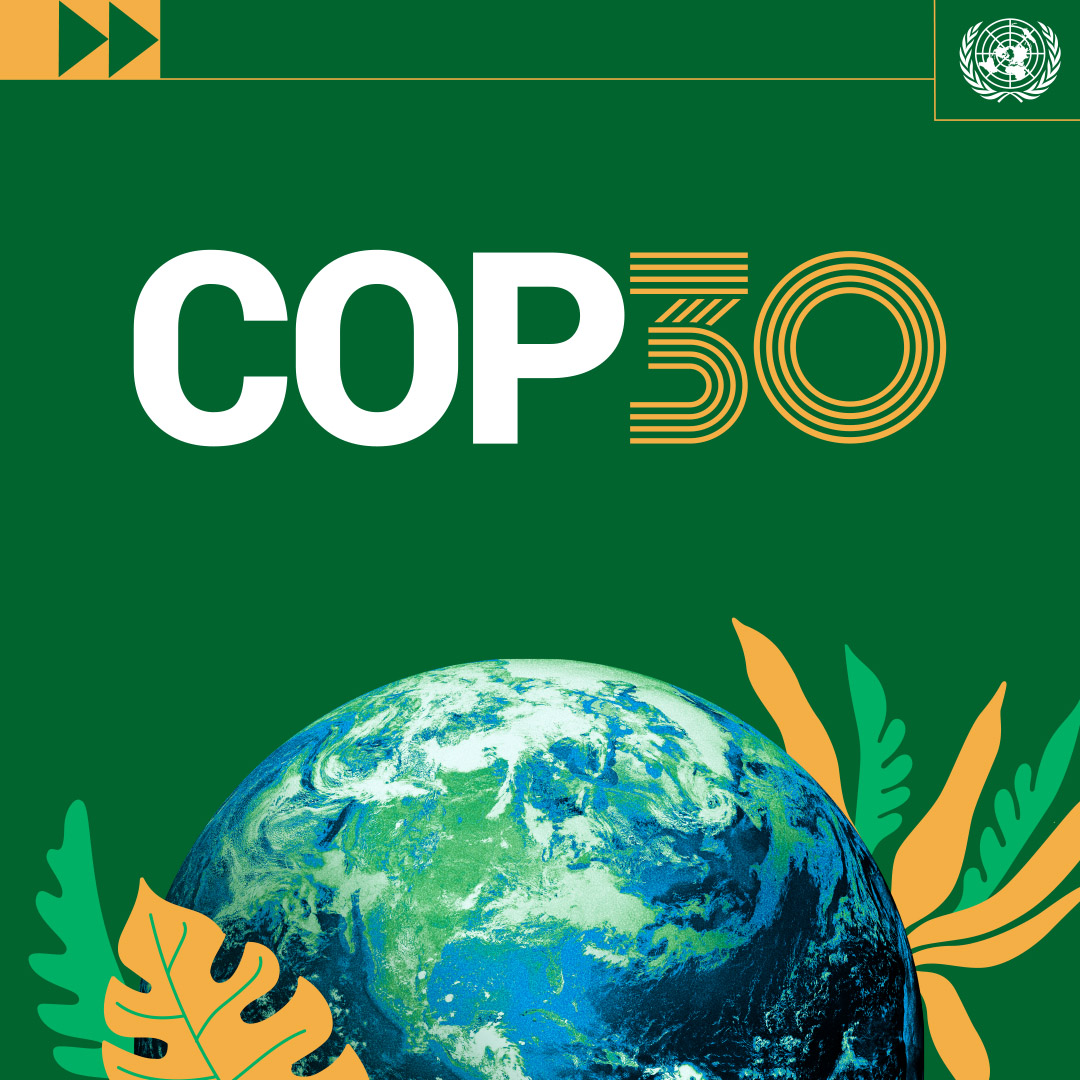A new publication by the United Nations regional commission calls for turning the response to the climate crisis into an opportunity for the region.
Work area(s)
A new publication by the United Nations regional commission calls for turning the response to the climate crisis into an opportunity for the region.

The impacts of climate change are slowing development and deepening inequalities in the region, warns a new publication by the Economic Commission for Latin America and the Caribbean (ECLAC), which identifies climate action as an opportunity to spur innovation, investment and sustainable development.
The report The Economics of Climate Change in Latin America and the Caribbean, 2025: Climate Action to Overcome Development Traps, to be presented at COP30 in Belém, Brazil, examines how global warming is deepening the region’s structural development traps — low capacity for growth, high inequality and low institutional capacity — and how coherent policies can reverse this trend.
Among its findings, the report notes that, under current policies, rising temperatures could reduce regional GDP by at least 6% by 2030, and that this impact could triple by mid-century if more ambitious measures are not adopted. It also highlights that climate-related investments generate multiple economic, social and environmental benefits. Greater ambition and better climate outcomes can be achieved when accompanied by sufficient international cooperation and financing.
The study proposes aligning economic and financial policies with climate objectives, responsibly phasing out fossil fuel subsidies, strengthening sustainable mobility, expanding clean energy and promoting nature-based solutions. It also warns that biodiversity loss and declining ecosystem services pose growing economic and financial risks for countries in the region, which are rich in natural capital.
In a global context that demands accelerated decarbonization and strengthened multilateralism, ECLAC emphasizes that climate action must also be a development policy, capable of reducing inequalities, modernizing economies and ensuring just and equitable transitions.
With this study, the United Nations regional commission reaffirms its commitment to strengthening climate and fiscal policies in Latin America and the Caribbean, promoting a more productive, inclusive and sustainable development model.
Related content

ECLAC at COP30: economic instruments and multilateral cooperation for a just and sustainable transition
During the conference in Belém, Brazil, the United Nations regional commission will present its work to advance the climate agenda as a driver of economic and social transformation.